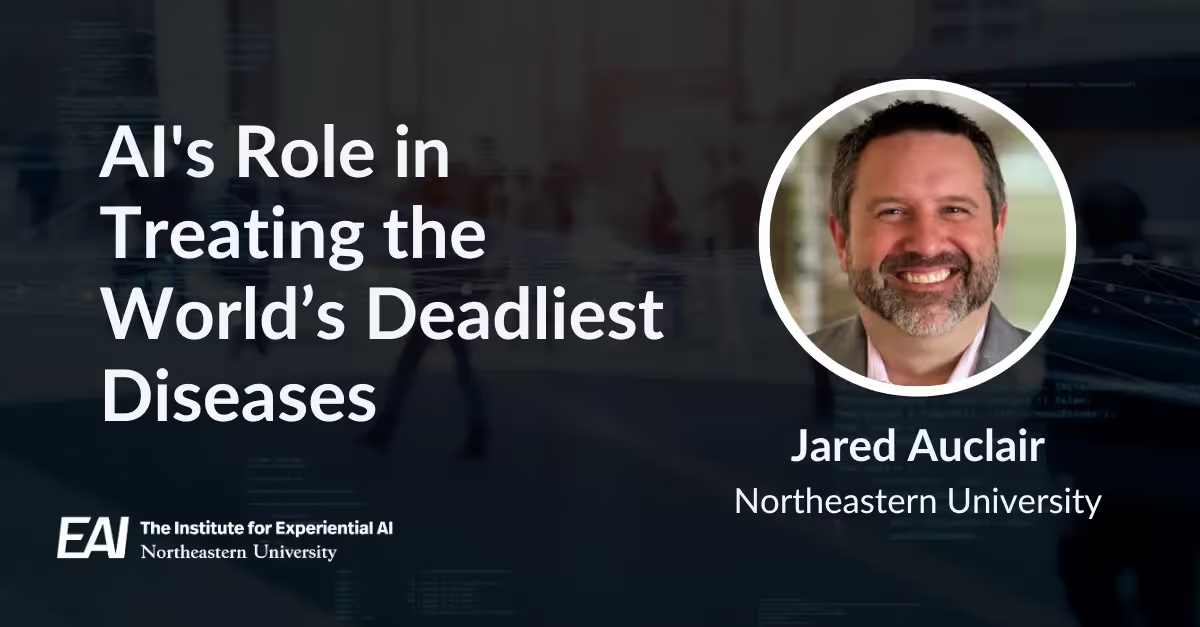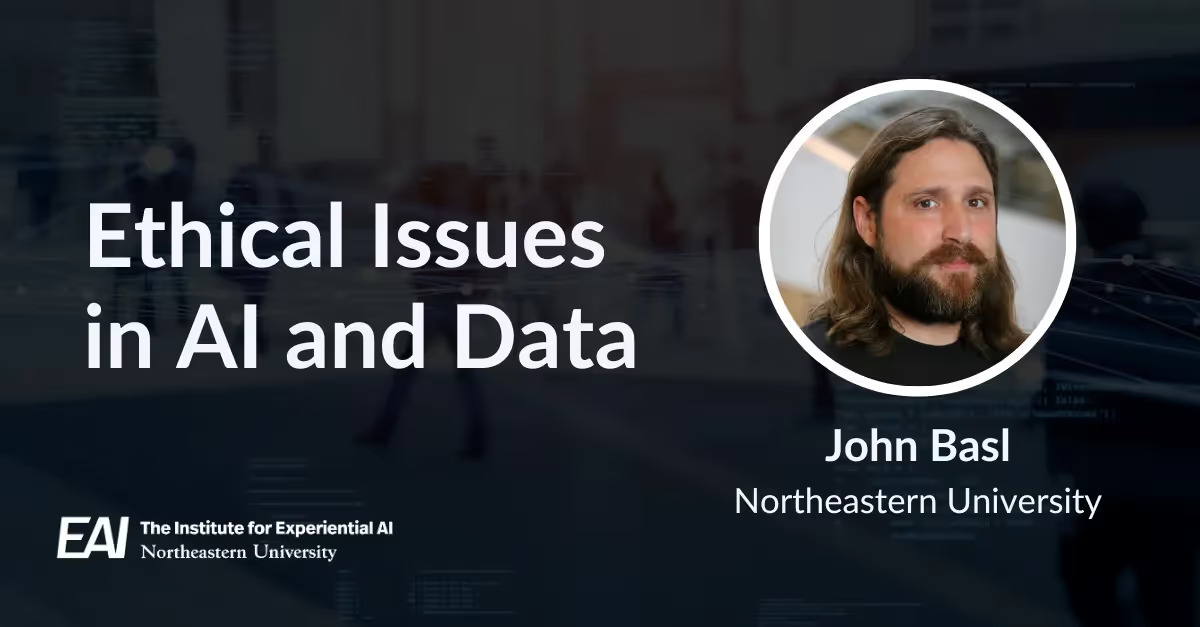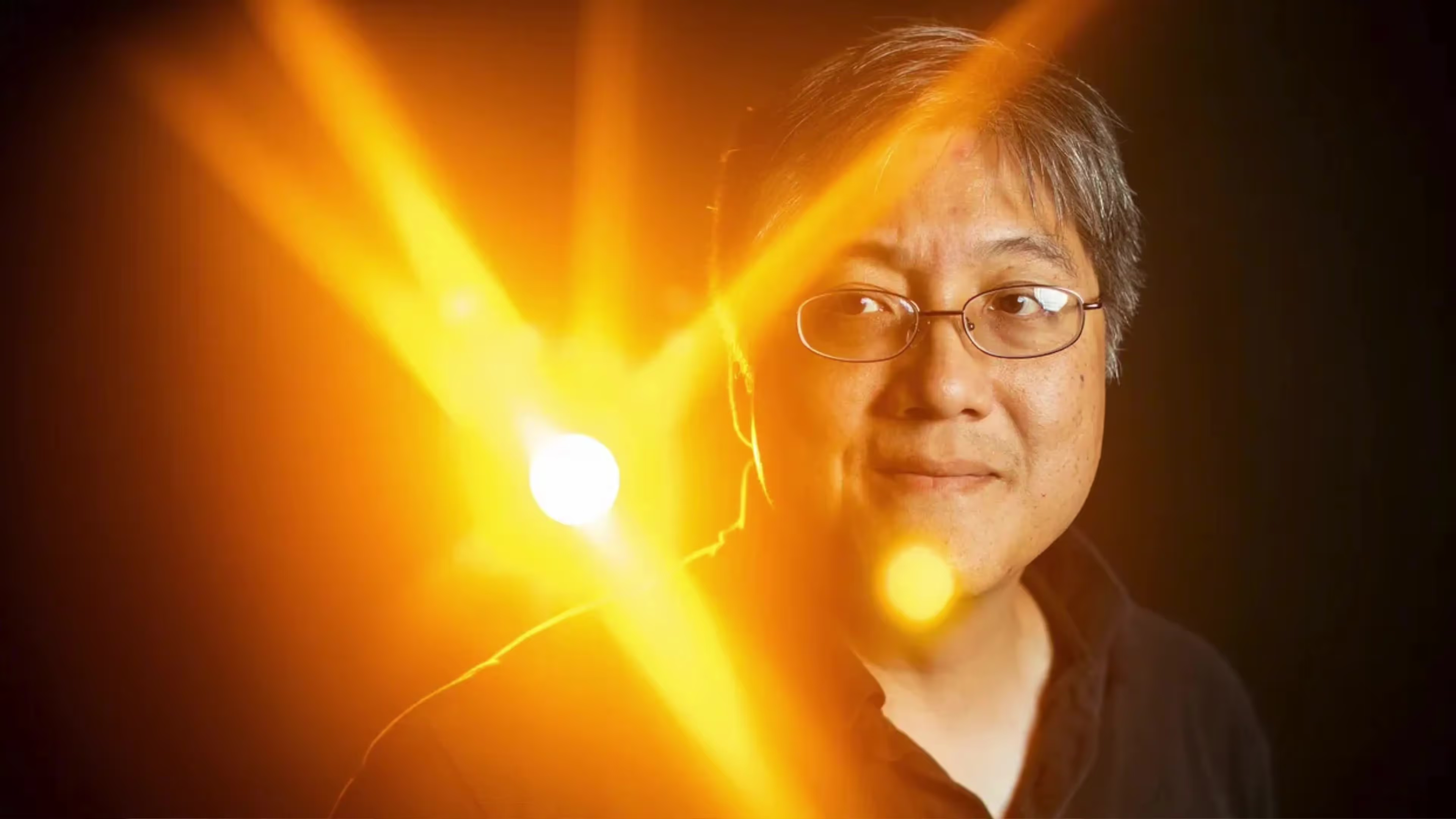The interaction between humans and artificial intelligence demands a new field of study, Northeastern researchers say

To be an internet user in 2024 is like being a hamster running on a wheel. The modern web is largely composed of consumer services that use artificial intelligence-based algorithms to hook people to stay logged on — for better and for worse.
"You as a user make choices," says Tina Eliassi-Rad, a computer sciences professor at Northeastern University and a core faculty member of the Northeastern Network Science Institute and the Institute for Experiential AI.
"You watch certain things. You buy certain things. You’re producing training data for these AI algorithms, specifically recommendation systems — think Amazon, think Netflix, think Match.com."
.avif)
“These AI algorithms produce suggestions to you, those suggestions supposedly influence your choices,” she adds. “Through that, you’re producing more training data for the algorithm, and round and round we go.”
In essence, the web is made up of a series of human and AI feedback loops correlated with user behavior, Eliassi-Rad explains.
Eliassi-Rad is one of several Northeastern researchers who have proposed a new area of study they are calling “Human AI Coevolution” to better understand and analyze these feedback loops. Other researchers on the project include Northeastern professors Ricardo Baeza-Yates, Albert-László Barabási and Alessandro Vespignani.
---




